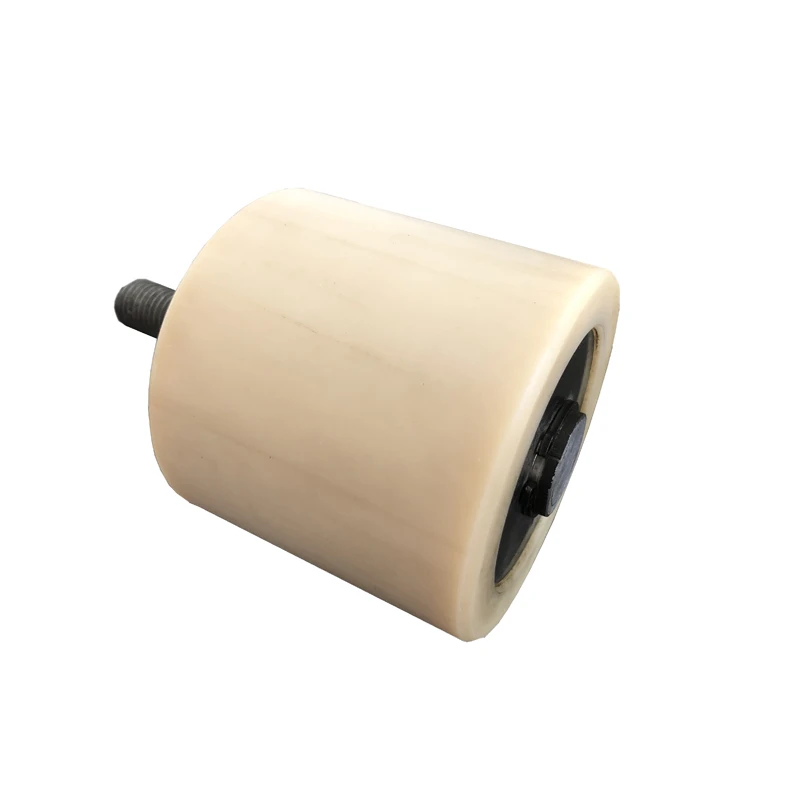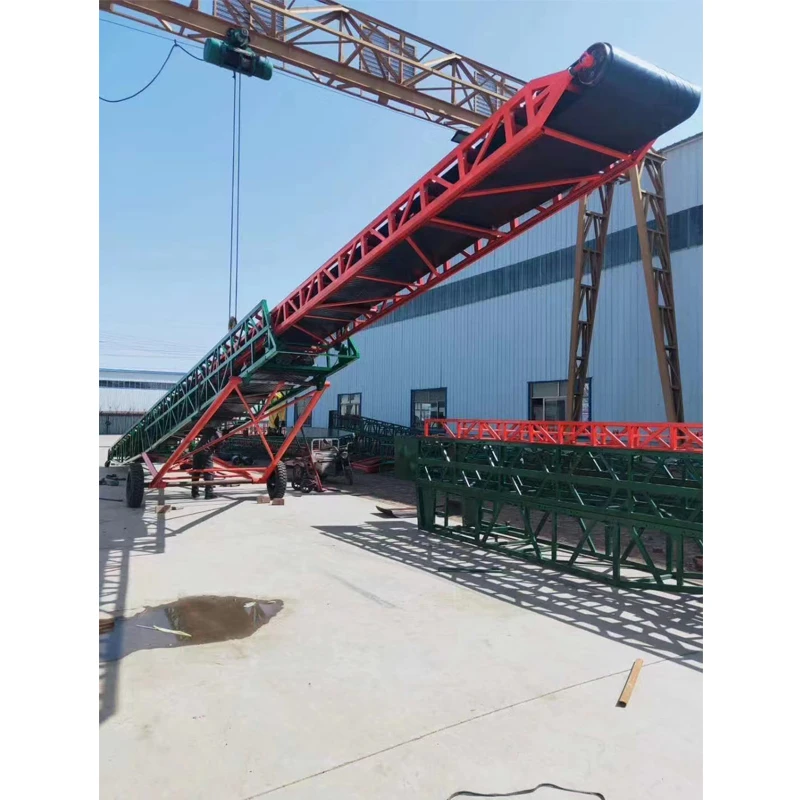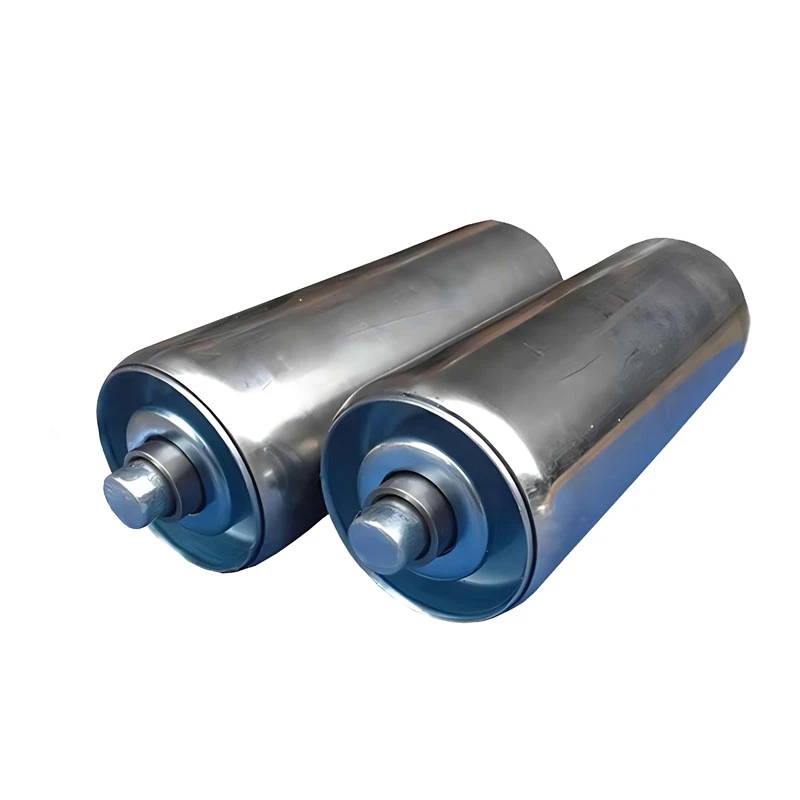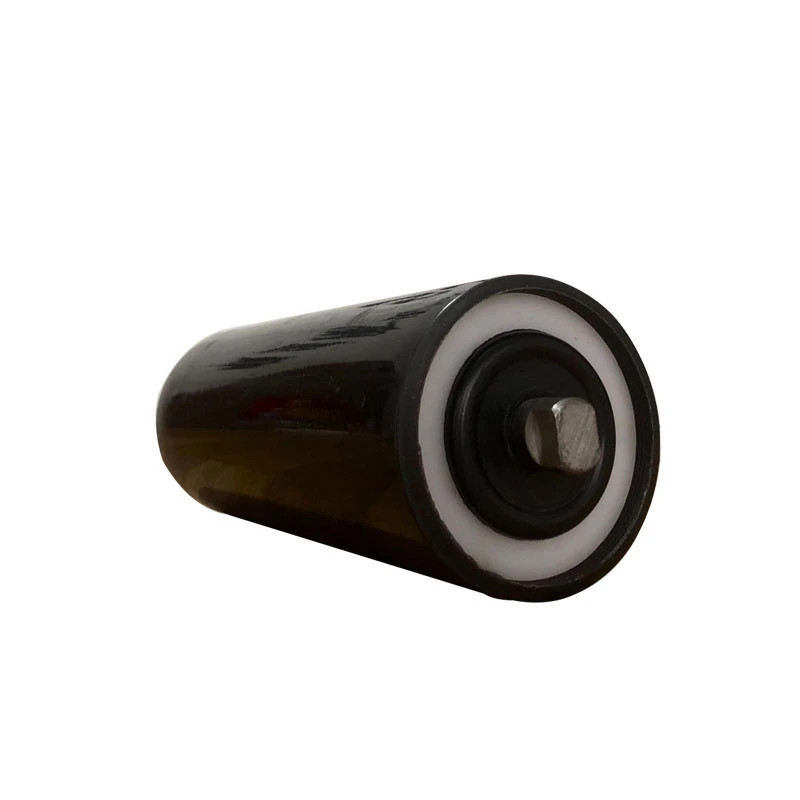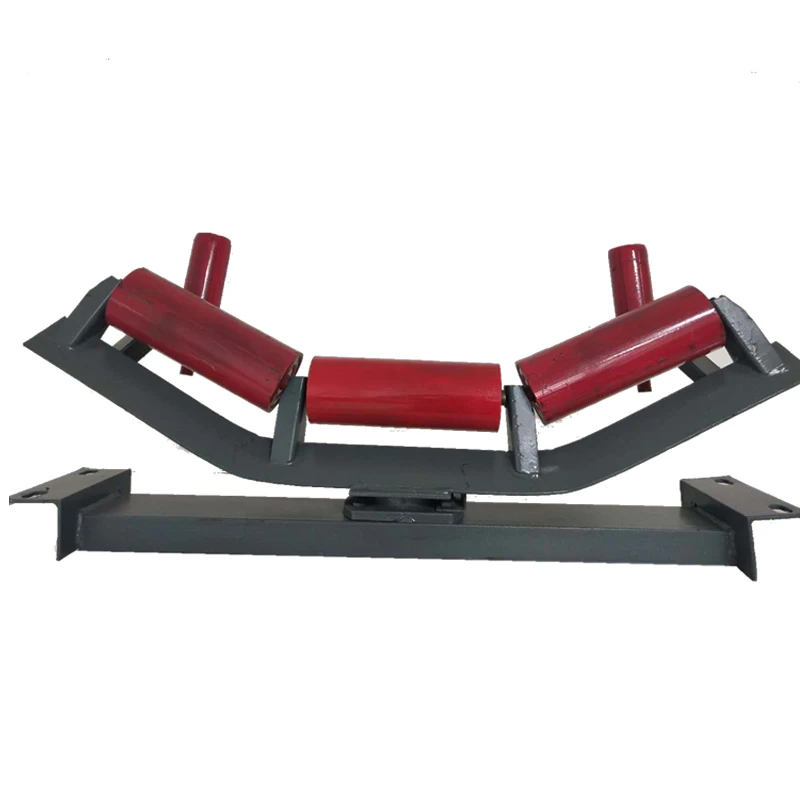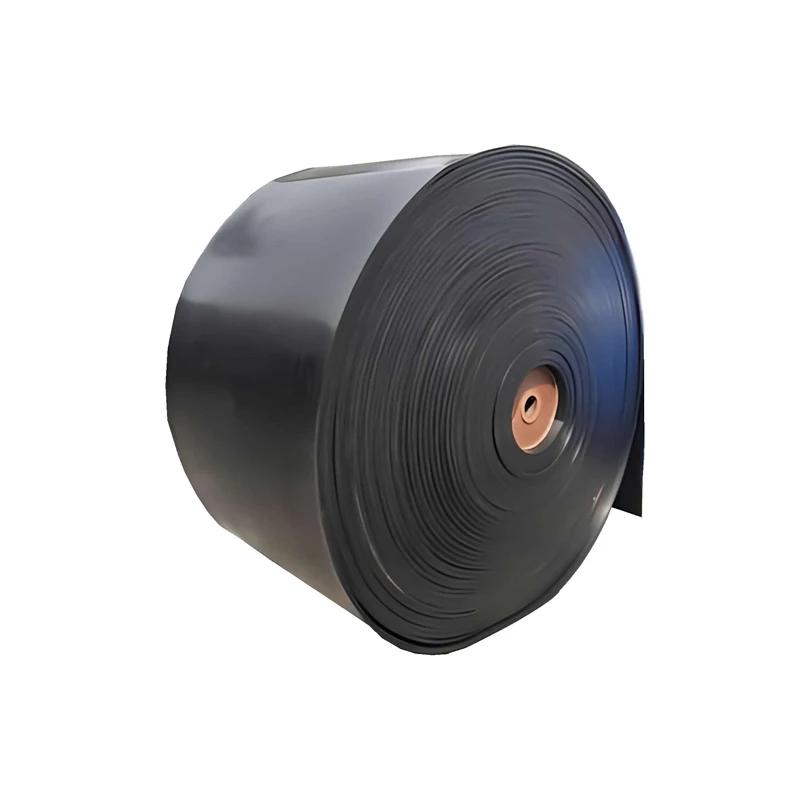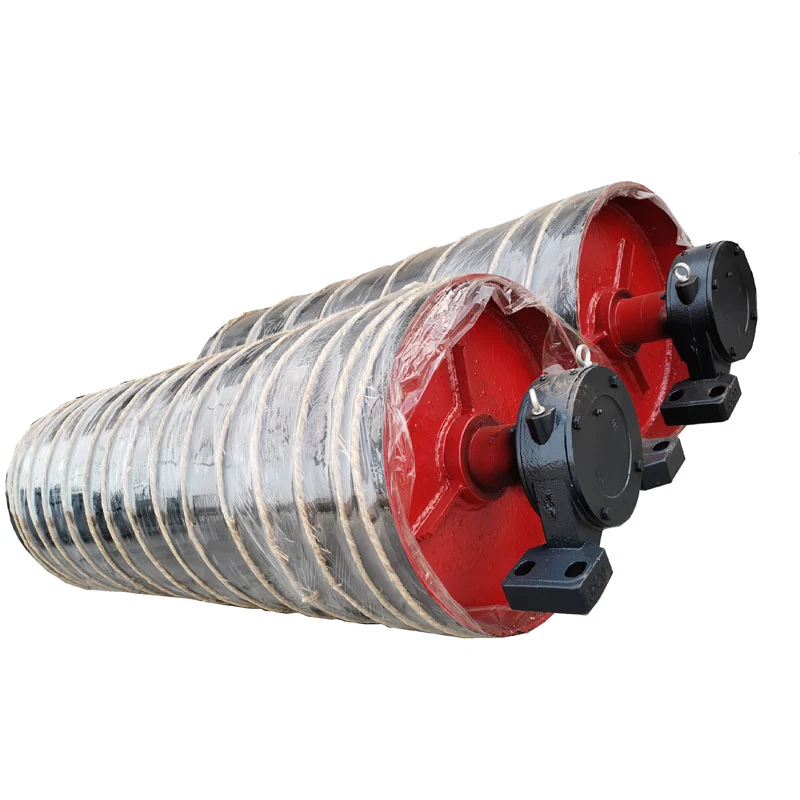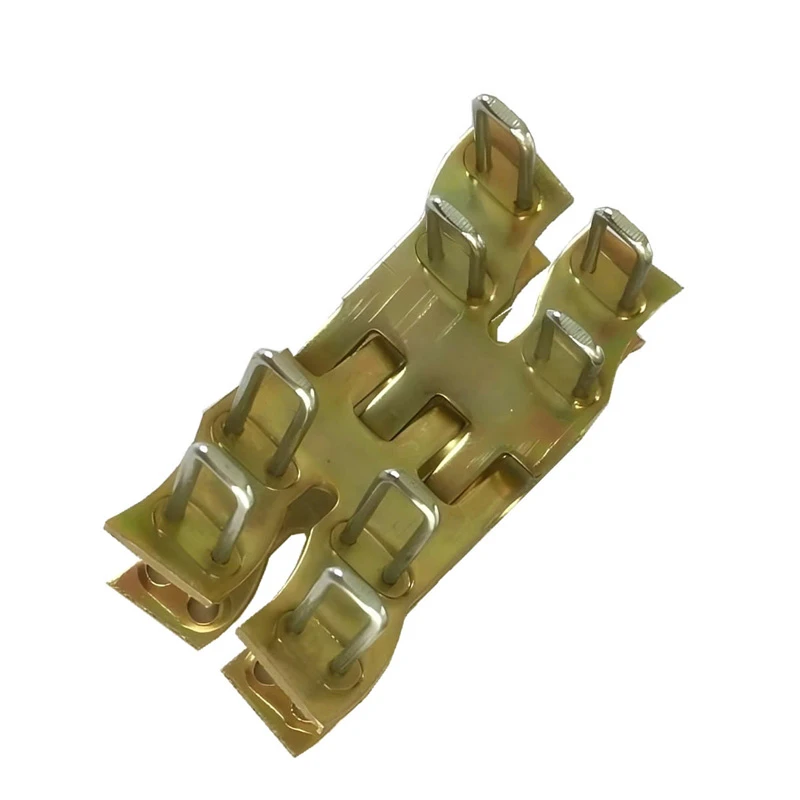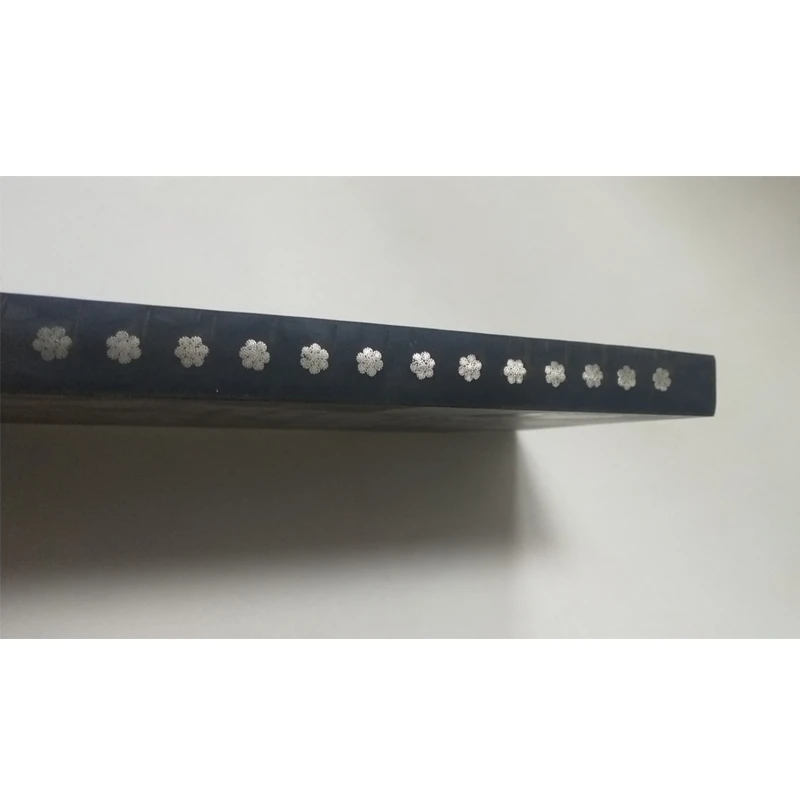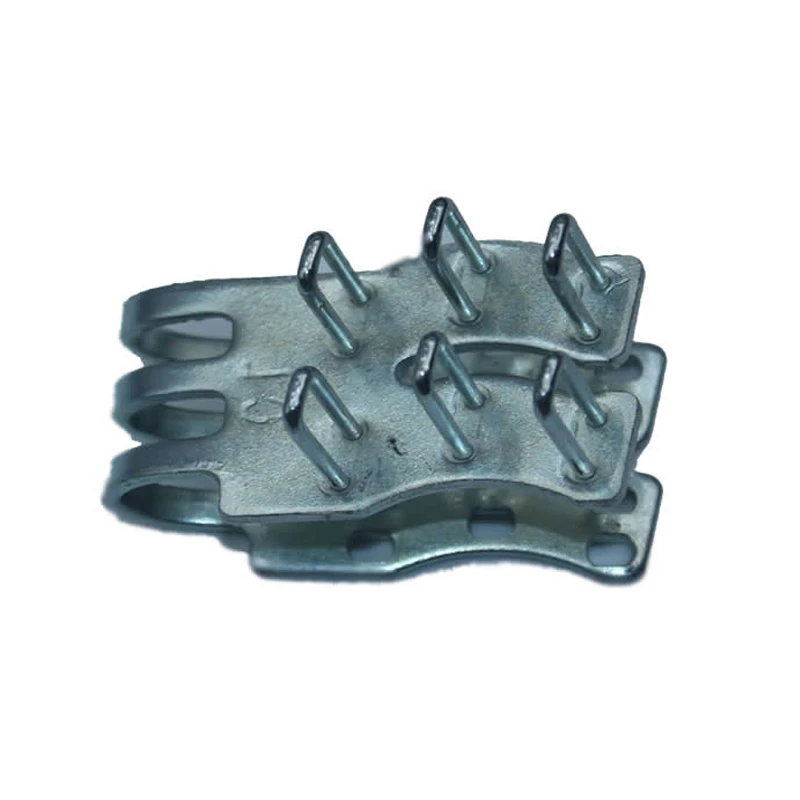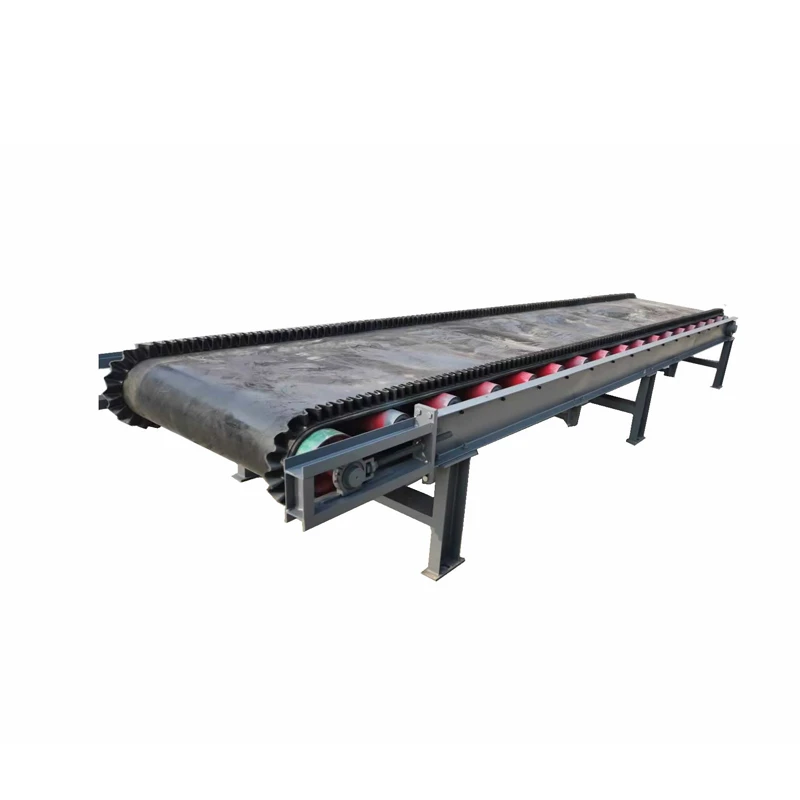- Fundamental Mechanics and Applications of V-Groove Rollers
- Material Advantages: Technical Superiority of Nylon Construction
- Industrial Application Analysis Across Key Sectors
- Manufacturer Performance Comparison: Data-Driven Insights
- Custom Engineering Solutions for Specialized Requirements
- Operational Efficiency Metrics and Cost Analysis
- Future Innovations in Nylon V-Groove Roller Technology
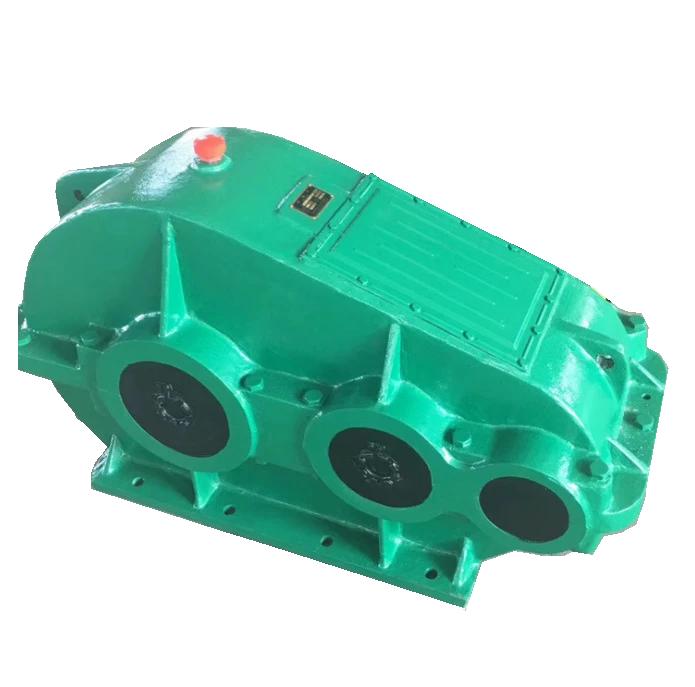
(nylon v groove rollers)
Fundamental Mechanics and Applications of V-Groove Rollers
Precision-guided motion systems rely on specialized components to maintain alignment and reduce friction. Among these, V-groove rollers serve as critical interface elements between linear tracks and moving assemblies. The unique angled design creates consistent tracking along matching V-rails, preventing derailment under lateral stresses. This fundamental physics principle enables their extensive utilization in:
- Automated conveyor lines where positional accuracy affects product quality
- Robotic assembly arms requiring consistent path repetition
- Industrial sliding gates and heavy-duty access systems
- Precision medical imaging equipment requiring vibration-free movement
Proper specification requires understanding groove angle geometry. Standard angles between 60°-90° accommodate different load distributions, with acute angles providing enhanced side-load resistance. Load capacity calculations must consider both radial forces perpendicular to the axle and thrust forces parallel to the axle's direction.
Material Advantages: Technical Superiority of Nylon Construction
Engineering-grade nylon v groove rollers
outperform metallic alternatives through inherent material properties. Nylon 6/6 composite formulations with 30% glass fiber reinforcement demonstrate exceptional performance characteristics critical to industrial operations:
- Vibration dampening reduces resonance by up to 78% compared to steel rollers
- Self-lubricating properties yield 2-3% operational energy savings annually
- Corrosion resistance eliminates degradation in washdown environments
- Load distribution across polymer matrix minimizes track wear
Impact resistance testing reveals nylon dissipates 45% more shock energy than aluminum equivalents while maintaining dimensional stability between -40°F to 220°F. The coefficient of friction remains stable at 0.15-0.25 even under contaminated conditions, whereas metallic rollers exhibit 300% higher friction variability.
Industrial Application Analysis Across Key Sectors
Industry-specific adaptations drive roller design variations. Food processing facilities utilize FDA-compliant nylon formulations resisting organic acids and caustic cleaners, with specialized U-groove variants accommodating round-track monorail systems. Contrastingly, packaging machinery employs nylon u groove wheels with hardened cores to handle 15G shock loads during case sealing operations.
- Warehouse automation systems report 41% maintenance reduction after switching to nylon track systems
- Semiconductor cleanrooms benefit from non-particulating rollers meeting ISO Class 4 standards
- Automotive welding lines utilize high-temperature variants withstanding 400°F radiant heat
Post-installation measurements show 0.02mm average track wear after 10,000 operational hours - a 68% improvement over steel-on-steel configurations. Noise pollution reduction remains a critical benefit, with sound meter readings consistently showing 15dBA decreases.
Manufacturer Performance Comparison: Data-Driven Insights
| Specification | Rexnord® Series 800 | Ticona™ V-Glide Pro | Mitech™ Polymer Solutions | Rollex™ UltraGroove |
|---|---|---|---|---|
| Load Capacity | 1,850 lbs | 2,100 lbs | 1,500 lbs | 2,400 lbs |
| Temp Range | -30°F to 225°F | -60°F to 275°F | -20°F to 200°F | -40°F to 265°F |
| Wear Resistance | 0.08mm/1k hrs | 0.05mm/1k hrs | 0.12mm/1k hrs | 0.03mm/1k hrs |
| Moisture Absorption | 2.8% | 1.2% | 3.5% | 0.9% |
| Certifications | ISO 9001 | FDA, NSF | ATEX | Mil-Spec |
The comparative analysis reveals critical differentiation factors beyond basic specifications. Leading manufacturers now implement micro-crystalline reinforcement technologies that enhance molecular bonding, shown in third-party testing to improve fatigue resistance by minimum 40%. Surface hardness variations between Shore D 75-82 significantly affect deformation rates under impact loading.
Custom Engineering Solutions for Specialized Requirements
Beyond standard catalog offerings, u groove nylon pulley wheels undergo extensive modification to address application-specific challenges. Aerospace conveyor applications require UL 94 V-0 flammability ratings with static dissipation below 10^6 ohms. Magnetic resonance facilities demand non-ferromagnetic components incorporating ceramic bearings.
- Custom bore configurations with keyways or spline profiles
- Integrated flange designs preventing lateral migration on curved tracks
- Hybrid composites with carbon fiber reinforcement for CTE stability
- FDA-compliant coloration for zone identification in processing lines
Prototyping phase typically involves finite element analysis to simulate stress concentrations, with premium suppliers offering 72-hour rapid prototyping services. Production tolerances typically range from ±0.005" for standard rollers to ±0.0005" for medical-grade applications.
Operational Efficiency Metrics and Cost Analysis
Lifecycle cost modeling demonstrates nylon's superiority despite higher initial purchase prices. At typical industrial duty cycles, replacement intervals extend to 18-24 months versus 6-9 months for metallic equivalents. A comprehensive study across 47 manufacturing facilities showed:
- 23.7% average reduction in conveyor maintenance labor hours
- $18,500 annual savings per production line in lubricants and cleaning
- 15:1 ROI over 5 years when retrofitting existing systems
Energy consumption data from variable frequency drives indicates 2.7% power reduction compared to metal roller systems due to decreased rolling resistance. The most significant savings emerge from production uptime - facilities report 4.9% average increase in operational availability after conversion.
Future Innovations in Nylon V-Groove Roller Technology
Material science advancements promise substantial performance gains for nylon rollers. Polymer nanocomposites incorporating graphene platelets in development show 300% thermal conductivity improvements and 80% higher tensile strength while maintaining compliance standards. Embedded sensor technology allows real-time monitoring of:
- Radial load stress via piezoelectric elements
- Temperature fluctuations indicating bearing degradation
- Vibration signatures predicting alignment issues
Prototype testing of self-healing polymers demonstrates micro-crack remediation at 90°F ambient temperatures. Industry leaders anticipate widespread adoption of bio-based nylons derived from sustainable sources within regulatory frameworks, maintaining performance while reducing environmental impact. These innovations ensure nylon v groove rollers will remain foundational components in next-generation automation systems.
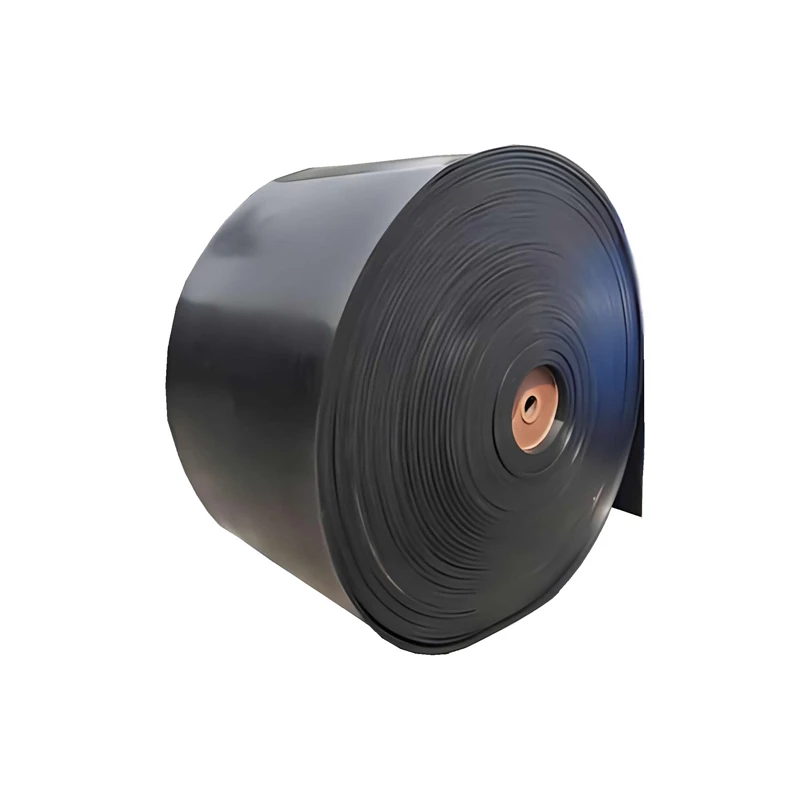
(nylon v groove rollers)
FAQS on nylon v groove rollers
Q: What are the primary applications of nylon V groove rollers?
A: Nylon V groove rollers are ideal for guiding timing belts, cables, or ropes in conveyor systems, automation equipment, and machinery. Their V-shaped groove ensures precise alignment and reduces slippage. They are commonly used in packaging, manufacturing, and material handling industries.
Q: How do nylon U groove wheels differ from V groove rollers?
A: Nylon U groove wheels have a rounded, U-shaped design for smooth cable or rope movement in pulley systems, while V groove rollers feature an angled groove for better grip on belts. U groove wheels suit applications requiring minimal friction, such as garage doors or lifting mechanisms.
Q: What advantages do nylon pulley wheels offer over metal alternatives?
A: Nylon pulley wheels are lightweight, corrosion-resistant, and quieter than metal counterparts. They also resist wear and require less lubrication, making them cost-effective for high-speed or humid environments like food processing or marine equipment.
Q: Can nylon V groove rollers handle heavy loads?
A: Yes, nylon V groove rollers are reinforced for durability and can support moderate to heavy loads depending on size and design. Their nylon construction absorbs shock and reduces noise, making them suitable for industrial machinery and automotive systems.
Q: How to maintain u groove nylon pulley wheels for longevity?
A: Regularly clean debris from the groove and check for cracks or wear. Avoid overloading and ensure proper alignment with belts or cables. Lubrication is rarely needed due to nylon’s self-lubricating properties, but occasional checks ensure optimal performance.

